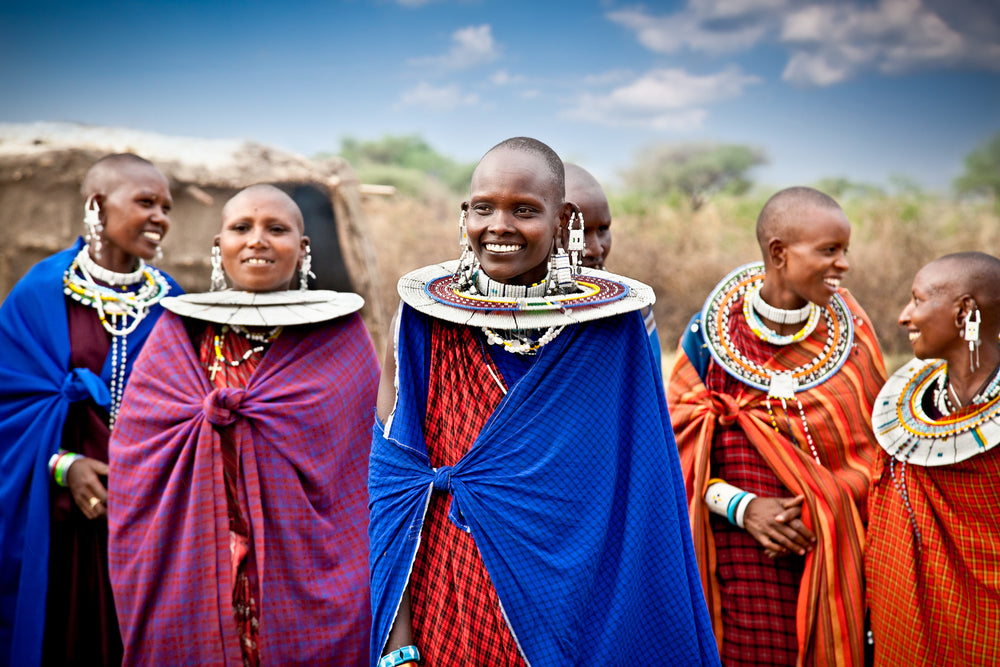Add description, images, menus and links to your mega menu
A column with no settings can be used as a spacer
Link to your collections, sales and even external links
Add up to five columns
Add description, images, menus and links to your mega menu
A column with no settings can be used as a spacer
Link to your collections, sales and even external links
Add up to five columns

Aged Tanzania Coffee
August 22, 2023 3 min read
Aged Tanzania Coffee
Tanzanian Coffee: A Delicious and Sustainable Option
Tanzanian coffee is known for its rich flavor and smooth body. But did you know that Tanzania also produces some of the world's finest coffees?
Aged coffee is coffee that has been stored for several months or even years. During this time, the coffee beans slowly develop new flavors and aromas. The longer the coffee is aged, the more complex and mellow its flavor becomes.
Our Tanzanian coffee is made from Arabica beans that are grown in the high altitudes of the country. These beans are naturally resistant to pests and diseases, so they do not need to be treated with chemicals. This makes Tanzanian coffee a sustainable option.
The coffee beans are picked and processed in a traditional way. They are then dried in the sun, which helps to preserve their flavor. The beans are then stored in airtight containers, where they continue to develop their flavor.
Tanzanian coffee is a delicious and unique coffee experience. It is perfect for those who enjoy a smooth and complex cup of coffee.
Here are some of the benefits of drinking Tanzanian coffee:
- It is a sustainable option.
- It has a rich and complex flavor.
- It is smooth and mellow.
- It is a great way to support coffee farmers in Tanzania.
If you are looking for a delicious and sustainable cup of coffee, then Tanzanian coffee is a great choice. Here are some tips for buying Tanzanian coffee:
- Buy coffee from a reputable roaster who can tell you about the coffee's production process.
- Store the coffee in an airtight container in a cool, dark place.
Where Does Coffee Grow in Tanzania?
Situated in the hill country to the North-West of the Serengeti National Park and just South of the border with Kenya, Tarime offers a well prepared sun-dried Arabica coffee on soils which are some of the best in Tanzania for coffee production. Tarime is one of the five districts of the Mara Region of Tanzania. It is bordered to the South by Lake Victoria and the Musoma Urban, Musoma Rural and Serengeti District Districts, to the North and East by Kenya and to the West by Kagera Region. The altitude range is 1400 - 1700m.
The average coffee production for the district is around twenty-three tons per year from about fifty hectares of land cultivated by four hundred farmers in fifteen villages.
Agricultural Practices in Tanzania's Tarime District
Agricultural practices done by farmers in Tarime district is divided into two common farming habits. One is the cultivation of annual crops (which are Cassava, Maize, Millet, Sorghum) and the other is for perennial crops like coffee and banana. Second is the minority cattle keeping, where by currently very few farmers possess cattle. In general, land ownership is not a problem, which in turn has influenced most of the farmers to cultivate crops in separate fields; thus intercropping is not very much entertained.
Up to now; in most of coffee farms; it is very rare to meet farmers who do intercropping so as to increase the soil fertility. The rainfall system is bimodal in which there are two season of rainfall per year. In normal climatic conditions, rains start in September to January, then the proceeding season starts in March to June.
Thanks to bimodal rains, farmers can grow crops twice a year. In general farmers prefer to grow cash crops, which they sell profitably to Kenyan traders, due to good cash exchange rates. The result is that there can be a shortage of food crops. The common food crops used are Millet, Sorghum and Cassava, meanwhile banana also they sell to Musoma district, Mwanza region and other nearby surrounding areas.
Generally, the highlands places where Arabica Coffee is grown is fertile and less or no pests and disease attack Arabica Coffee, therefore farmers practices for the use of chemicals to spray in their farms is non-existent, thus Coffee grown in these areas can be already considered delicious by default.
Social Responsibility in Tanzanian Coffee
With a long-term vision to increase the size of the crop and promote sustainable agriculture for farmers in the region. Our supplier for these beans provides coffee seedlings free of cost to farmers. Part of the suppliers scheme and to ensure good farming practices they regularly hold farmers meetings in villages, educating them on good farming practices. Pruning shears and pruning saws to all of the growers as part of the strategy to promote coffee farming in the region.
Over the years, the supplier has won several awards for its coffee, including 'best coffee quality award' in Hard Arabica presented by the Tanzania Coffee Board.
Subscribe
Sign up to get the latest on sales, new releases and more …
